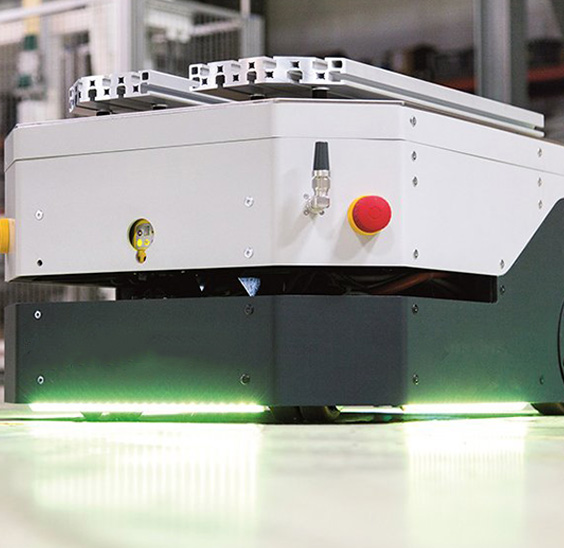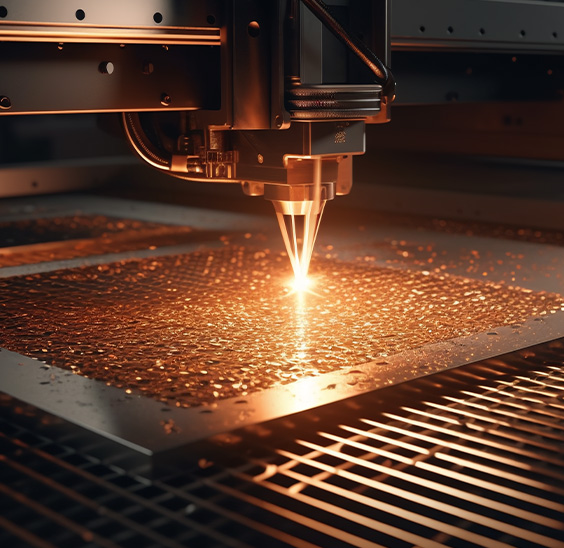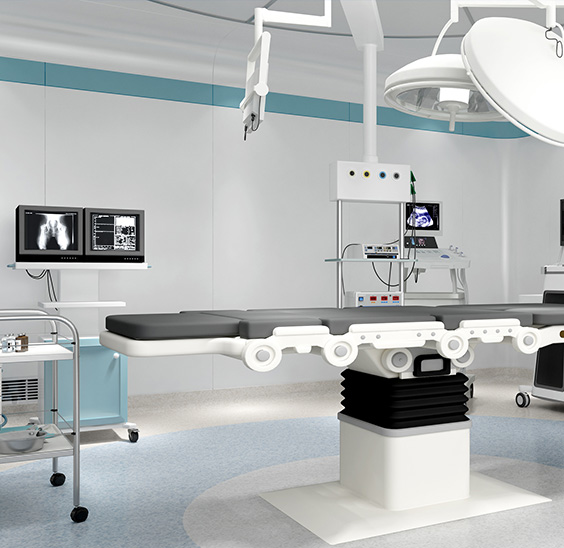OE Number: BY9153; BY9205; BY9305; BY9401; BY9500; BY9328
Suitable for: IVECO; DAF; DAIMLER; MAGRIUS; IRISBUS
How Do Weather Conditions Affect Truck Brake Efficiency in Winter?
Winter weather poses unique challenges for commercial vehicles, especially when it comes to brake performance. For truck drivers and fleet operators, understanding how freezing temperatures, ice, and road salt impact brake systems is critical to ensuring safety and operational efficiency.
1. Low Temperatures and Material Brittleness
Brake chambers rely on rubber diaphragms and seals to maintain airtightness and transmit force. In sub-zero conditions, these rubber components harden and lose elasticity, increasing the risk of cracks or delayed response during braking. For instance, a brittle diaphragm may fail to retract fully after braking, causing residual drag that accelerates wear on brake pads and drums.
T1ZC’s Solution: The company’s R&D team at the T01 headquarters has developed proprietary low-temperature-resistant rubber compounds. Tested in -40°C environments, these materials retain flexibility, ensuring consistent sealing and force transmission even in extreme cold.
2. Ice and Snow: Reduced Friction, Longer Stopping Distances
Icy roads demand higher braking force to compensate for reduced tire traction. However, conventional brake chambers may struggle to generate sufficient pressure quickly, leading to dangerous skidding or jackknifing. Additionally, snow accumulation around brake components can obstruct mechanical movement.
T1ZC’s Innovation: By optimizing piston designs and adopting rapid-response valves in their F02 and M03 production lines, T1ZC’s brake chambers achieve 15% faster pressure buildup compared to industry averages. This ensures quicker engagement, critical for maintaining control on slippery surfaces.
3. Corrosion from Road Salt and Moisture
Winter road maintenance often involves salt or de-icing chemicals, which accelerate corrosion of brake chamber housings and internal parts. Corroded components, such as springs or mounting brackets, compromise structural integrity and may lead to catastrophic failures.
T1ZC’s Defense: The Y04 factory specializes in applying nano-ceramic coatings to brake chambers. This technology, protected by multiple patents, creates a barrier against saltwater penetration while reducing friction between moving parts. Independent tests show a 60% improvement in corrosion resistance over standard coatings.
4. Thermal Stress from Frequent Braking
Frequent braking on downhill winter roads generates excessive heat, which, when combined with rapid cooling from ambient cold, causes thermal fatigue in metal components. Over time, this weakens the chamber’s aluminum body and bolts.
T1ZC’s Engineering Edge: Through precision forging and heat treatment processes, T1ZC enhances the thermal stability of its brake chambers. Their products undergo 1,000+ cycles of thermal shock testing to simulate real-world conditions, ensuring durability under fluctuating temperatures.
Winter magnifies the demands on truck brake systems, but proactive engineering can turn these challenges into manageable risks. With four specialized production bases and a focus on innovation, Zhejiang T1ZC Automobile Parts Co., Ltd. exemplifies how targeted R&D and rigorous quality control—such as their ISO-certified manufacturing processes—can deliver brake chambers that perform reliably in harsh winter conditions.


 EN
EN  English
English Português
Português





















